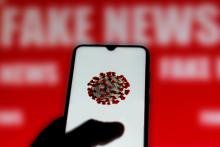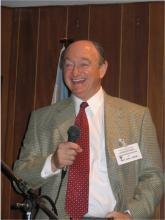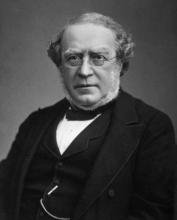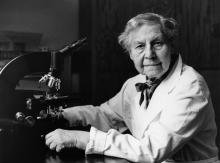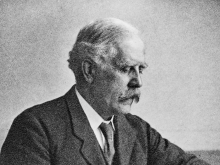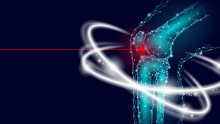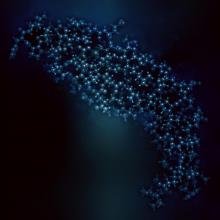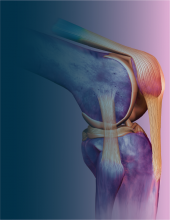Letters From Portoalegre
Of passions, meteors, black holes and scratched matches.
I have a childhood friend, Carlos Fernando Jung, who lives in the city where we grew up, Taquara do Mundo Novo. He is an engineer and teacher and spends the nights, they say, filming the sky from this corner of southern Brazil. He managed to record a meteor fall in the early hours of Friday, April 12, 2019. It is estimated that the stone had a mass of 12 kilos when it entered the Earth's atmosphere at 122,000 km/h, and extinguished at an altitude of approximately 36 kilometers, apparently without causing damage, according to news reports.
Although it didn’t cause damages, it did manage to impress me.
That same week, a young researcher Katherine (Katie) Louise Bouman, 29, a graduate in Computer Science at the Massachusetts Institute of Technology (MIT), leading a team of 200 scientists, captured for the first time a black hole. The feat was made from an algorithm created by Katie, who combined the images obtained by 8 telescopes around the world and collected 8 petabytes of data to arrive at that result. The black hole captured in the image is 40 billion kilometers in diameter, a number approximately 3 million times larger than the size of our planet. But perhaps the best still is the mix of disbelief and satisfaction in Katie’s face on her Facebook profile. In an interview with the Washington Post, she said that she had been working on the algorithm for nearly 6 years and, as if justifying herself, said, "I have an interest in how we can see or measure things that are considered invisible to us".
The proof of the existence of the "black hole" demonstrates that the theory drawn by Albert Einstein (1879-1955) was correct. The triumph of current technology and Einstein's brilliant Theory of General Relativity paves the way for new insights into existence. If on the one hand it highlights how great we can be, it also humbles us with how small we are, just a dim speck in the universe.
We live in an extraordinary time. Technology provides the knowledge to realize dreams and reach distances that recall Rod Sterling’s The Twilight Zone, which rose during the transition years of the 50s and 60s.
This is a remarkable moment in the history of mankind, perhaps comparable only to the democratization of access to information with the invention of the movable type press, in Mainz, in the year 1450. The emergence of the book: weapon, flag, food, modified the world. From Gutenberg to Zuckerberg a cycle is closed, we are living a new revolution. Magnificent and at the same time scary. Fake news, once pamphletary and newspaper-drive, mind-boggling or censored, now spread instantly around the globe or to the confines of the flat Earth, as some still want it.
The Brazilian Gaúcho novelist, Érico Veríssimo (1905-1975), in the first volume of Clarinet Solo, defined well his role as writer:
"I am encouraged today by the idea that the least a writer can do, in a time of atrocities and injustices like ours, is to light his lamp, bring light on the reality of the world, preventing the darkness from falling on it, on which thieves, murderers and tyrants thrive. Yes, hold the lamp, despite the nausea and horror. If we did not have an electric lamp, we would light our candles or, in the end, we would scratch matches repeatedly, as a sign that we do not abandon our position ".
Returning to our times, I remembered Plato (427 BC-347 BC) and his allegory of the cave. If we have the chance to free ourselves, we must try to translate and give testimony about what we previously only perceived as shadows. For his favorite disciple, Aristotle (384 BC-332 BC), to be happy, it is necessary to do good to others, which characterizes man as a social being and, more precisely, as a political being, in the best sense of the word. It also explains the institutional self-denial, responsible for the genesis, development and survival of associations and, consequently, leagues and confederations.
Again, according to Einstein:
"Everything in our institutions, laws and customs that is morally valuable, has its origin in the manifestations of the feeling of justice of countless individuals throughout the ages. Institutions are impotent in the moral sense, if they are not supported and nourished by the sense of responsibility of living individuals".
From Barranquilla, Colombia, I received a proposal and a challenge from the enthusiast Carlo Vinicio Caballero Uribe, former president of the Pan American League of Associations for Rheumatology (PANLAR). To write a column for the new recently unveiled Global Rheumatology Journal (PGR), whose objective is to permanently stimulate knowledge, training and reflection. Even though we are aware that we are also meteorites, of brief passage, it is up to each one of us to seek, as much as possible, to contribute to this attempt.
Fernando Neubarth











































